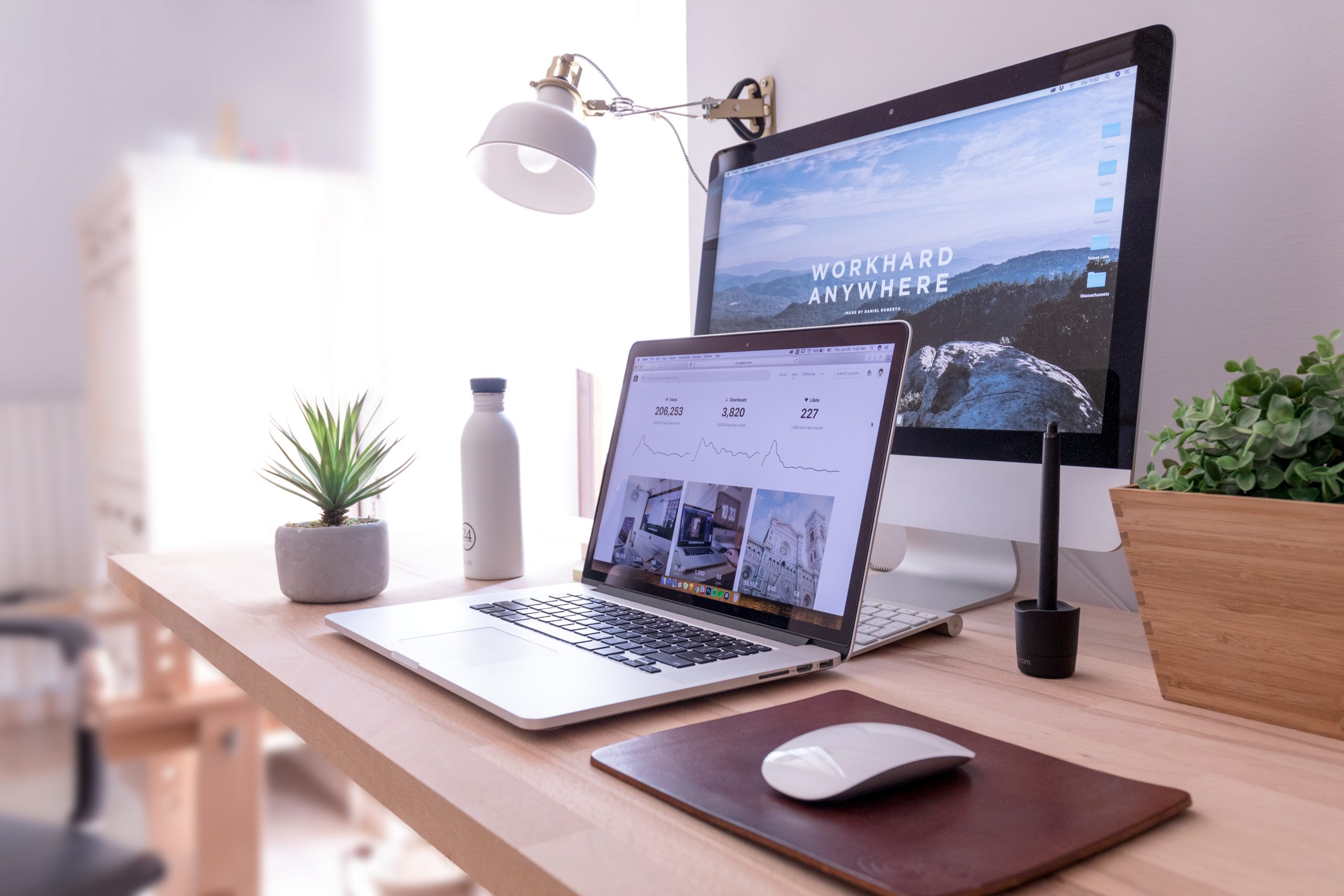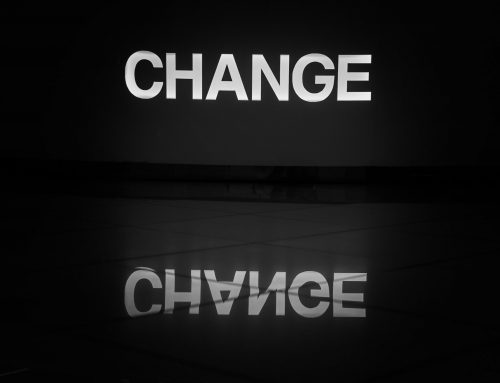By Spiros Milonas, Founder Krataion Consulting
We have all read how COVID has sped up the transition to digital transformation, how a new tribe -that of digital nomads- has emerged and how companies have been trying to cope with changing customer demands and habits. People and therefore organisations struggle with the fact that change is the new constant as well as with the cultural turbulences that remote working unfolds.
Here are, from my point of view, the top 3 challenges faced by companies and some thoughts on how to approach them.
Trust and control
Now that going back to the office or adopting a hybrid model is a reality, the uncomfortable question “why can’t I work from anywhere all weekdays?” might pop up. Finding the new point of balance can bring about certain challenges. While organisations and team leaders had no other option but to accept work from home while being in “quarantine” mode, the issue of trust and knowing that people indeed work productively during work hours resurfaces now that the hybrid model (working both from office and home) seems like it is here to stay. Questions such as “How can I be sure that people work the whole 8 hours they are being paid for ‘’ require an answer. Well you could not be sure of that while people were at the office, could you? Ok they might not use working hours to go to the supermarket, but they might still have spent hours on social media, right? And here you get answers such as “well yes but social media pages are banned from company computers’’. We have even heard of companies turning on their employees’ cameras impromptu to check if they are indeed working. Seriously? You call this a healthy business practice? There are two issues that are important here from my point of view:
- Can we find ways to monitor produced value versus merely time spent?
- Can we build a culture where employees go to work because they want to and not just because they have to?
The answer to both these questions is a big yes. Both cannot happen overnight but yes we can. By monitoring people through increased levels of control, we only make them feel less empowered, less accountable and more transactional. A landmark study by Stanford University’s Nicholas Bloom found that working from home boosted productivity by 13%. So we have to go deeper and see what established belief (and as a consequence business operation, KPI etc) our organisation and people need to let go or adjust and how can our people truly connect with their work. The more you set with clarity the desired outcome and give people the space to find solutions and organise their tasks putting their personal fingerprint on the job the more you will be surprised by the outcomes. Again, this does not happen overnight but sustainable solutions rarely have shortcuts.
Who stays home and who comes to the office?
When trying to adopt a hybrid model how do you decide which rules apply for the whole company? Should the same rules apply to everyone? What if parents choose to be at the office since working with toddlers is a challenge while single youngsters prefer to work from an island? Will the leadership decide which rules apply to whom or will people have a say? What is fair, what will be more productive?
Like in any relationship, open and transparent communication is very important here. We also need to acknowledge that people have more ownership and accountability when they are involved somehow in the decision making process.
Therefore, why not create the space for an open dialogue where everyone shares concerns, thoughts, practical desires and what would be needed to be at their best? In any organisation, the leadership team will make an executive decision in the end. But including people and, more importantly, creating the space for a discussion where all voices are heard and are given a place will help in finding and implementing the new rules.
So, why not give more flexibility to people who like to adopt the “digital nomads” model -given that the type of your work allows you to do so- while state the times that the leadership believes is important for people to be in the office for physical meetings and allowing connections to be nurtured? At the end of the day, organisational culture is usually understood by the language used and the connections shaped.
Nurturing connections
Organisational culture is usually understood by the language used and the connections shaped between people. Nothing can replace the value of being in the same physical space when it comes to building relationships and connections. So we will soon see colleagues spending more time on camera but less time actually connecting with each other and that will play a role in the company culture. This has been a clear challenge for most companies and now with the increasing adoption of the hybrid model it seems it needs to be addressed. It is a tricky one so here are a few thoughts:
- Adjust how you stand in meetings. When you use a medium (make it a virtual call and a camera) which takes out elements that foster connections (such as body language, the vibe you have next to someone, a pat on the shoulder), you have to reevaluate how you truly communicate. How open, genuine, deep your communication is. Being more present, tuning in with your colleague, asking more questions, taking time to talk about more things than just work.
- Find and agree on days to go to the office. Arrange days where you can be with your colleagues while taking all safety measures. We are social beings and therefore we have the need to be surrounded by people.
- Find ways to create memorable experiences together and create time and space that allows sharing. There are many ways to do so, but you can always ask the question “how might we nurture connections between us? to the team and collectively find solutions and see what will come up.
Change brings discomfort and the more we sharpen our ability to adjust the more we will manage to see how this new condition of virtual working can create a new balance point for our organisation, one that includes more connections, more alignment, more joy and freedom while at work.





